Understanding Misdemeanor Meaning in Law
Did you know that misdemeanors account for over 80% of criminal cases in Canada? Despite their prevalence, many people are still unsure about the exact definition and implications of a misdemeanor offense. It’s important to have a clear understanding of what misdemeanors entail, as they can have significant consequences on your life and future opportunities.
In Canadian law, a misdemeanor refers to a criminal offense that is less serious than a felony. Misdemeanors are typically categorized based on the maximum penalty, which is typically a year or less in prison. However, it’s worth noting that the specific jail terms for misdemeanors can vary between provinces and territories in Canada.
Misdemeanors can encompass a wide range of offenses, including but not limited to drunk driving, reckless driving, trespassing, shoplifting, simple assault, and possession of certain controlled substances. While these offenses are considered less serious than felonies, they can still lead to penalties such as jail time, fines, community service, and driver’s license suspension.
Key Takeaways:
- Misdemeanors account for the majority of criminal cases in Canada.
- A misdemeanor refers to a less serious criminal offense than a felony.
- Misdemeanors can result in penalties such as jail time, fines, and license suspension.
- Specific misdemeanor laws and penalties may vary between provinces and territories in Canada.
- Understanding misdemeanor charges is crucial to protecting your rights and future opportunities.
Types of Misdemeanors
When it comes to misdemeanors, there is a wide range of offenses that fall under this category. While the specific types may vary slightly from state to state, I will outline some common examples below:
- Drunk driving offenses
- Reckless driving
- Driving on a suspended license
- Driving without insurance
- Trespassing
- Shoplifting items under a certain value
- Indecent exposure
- Simple assault
- Prostitution
- Possession of certain controlled substances
These offenses, while considered less serious than felonies, can still have significant consequences. Depending on the jurisdiction, individuals charged with misdemeanors may face penalties such as:
- Jail time
- Fines
- Community service
- Driver’s license suspension
It is crucial to recognize that even though misdemeanors are not as severe as felonies, they can still have a lasting impact on your life. To gain a better understanding of how misdemeanors are classified and the potential penalties associated with them, refer to the table below:
| Misdemeanor Classification | Potential Penalties |
|---|---|
| Class A Misdemeanor | Up to 1 year in jail Fines up to $2,500 |
| Class B Misdemeanor | Up to 6 months in jail Fines up to $1,000 |
| Class C Misdemeanor | Up to 3 months in jail Fines up to $500 |
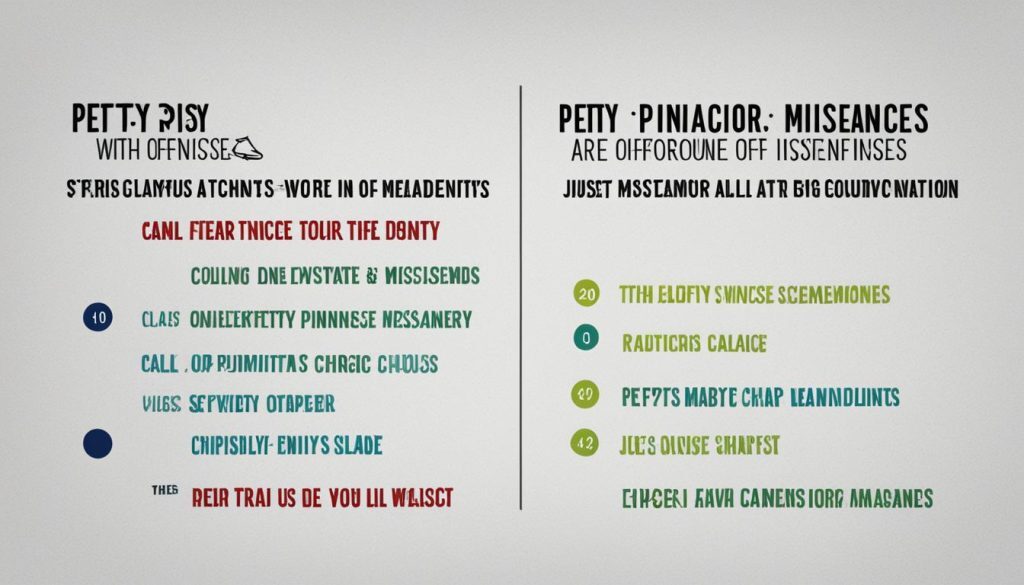
While the above table provides a general overview, it’s important to note that the specific penalties may vary based on the jurisdiction and the circumstances of the offense. If you find yourself facing misdemeanor charges, it is essential to consult with a knowledgeable criminal defense lawyer who can guide you through the legal process and work towards achieving the best possible outcome for your case.
Misdemeanor vs Felony
When it comes to criminal offenses, understanding the difference between misdemeanors and felonies is crucial. The distinction lies in the severity of the offense and the resulting penalties.
Misdemeanor charges are less serious than felony charges, carrying a maximum penalty of a year or less in prison. Examples of misdemeanors include petty theft, simple assault, or possession of a small amount of drugs.
Felonies, on the other hand, are more severe offenses that can result in penalties exceeding a year of incarceration. These offenses often involve violent crimes, such as murder, robbery, or rape.
Prosecutors have some discretion when determining whether to charge someone with a misdemeanor or a felony. They consider the circumstances of the offense and the specific laws in the jurisdiction before making a decision.
Understanding the difference between misdemeanors and felonies is important, as it can affect the legal process and the consequences you may face if convicted. It is always recommended to consult with a criminal defense lawyer who can provide expert guidance and representation tailored to your specific situation.

Penalties for Misdemeanors
The consequences for misdemeanor offenses can vary depending on the state laws and the specific details of the offense. If convicted of a misdemeanor, there are several penalties that you may face, including:
- Jail time for under one year
- Fines
- Community service
- Driver’s license suspension
- Participation in a drug or alcohol treatment program
The duration of jail time and the amount of fines can differ based on the severity of the offense and any mandatory minimum sentences specified by the state. It is important to note that misdemeanors can have long-term consequences, such as a criminal record, which can impact your future opportunities.
| Penalties | Severity |
|---|---|
| Jail Time | Determined by the seriousness of the offense and state laws |
| Fines | Varies based on the offense and state guidelines |
| Community Service | Ordered based on the offense and impact on the community |
| Driver’s License Suspension | Can range from a temporary suspension to a permanent revocation |
| Participation in a Drug or Alcohol Treatment Program | Required for certain offenses involving substance abuse |
Importance of Taking Misdemeanor Charges Seriously
Misdemeanor charges should not be taken lightly. Even though they are considered less serious than felony charges, they can still result in jail time and leave a criminal record that can impact future opportunities. Responding to misdemeanor charges may involve going to court, which can be stressful and expensive. In some cases, repeated misdemeanors can lead to escalated penalties or even felony charges. It is crucial to work with an experienced criminal defense lawyer who can explore options and help navigate the legal process.
When facing misdemeanor charges, it is important to understand the potential consequences. Jail time for misdemeanors can range from a few days to a year, depending on the severity of the offense. Fines are also common penalties for misdemeanors, and the amount can vary depending on the state and the specific charge. Additionally, misdemeanor convictions can result in probation, community service, mandatory counseling or treatment programs, and driver’s license suspension.
One of the long-term consequences of misdemeanor charges is the creation of a criminal record. Having a criminal record can affect various aspects of life, including employment opportunities, housing applications, and educational opportunities. Many employers conduct background checks, and having a misdemeanor conviction can make it more difficult to secure certain jobs.
Responding to misdemeanor charges requires careful consideration and expert legal representation. An experienced criminal defense lawyer can assess the details of the case, identify any potential defenses or mitigating factors, and work towards achieving the best possible outcome for the defendant. They can negotiate with prosecutors, represent the defendant in court, and guide them through the legal process.
If you find yourself facing misdemeanor charges, it is crucial to consult with a trusted criminal defense lawyer as soon as possible. They can provide personalized guidance and support, ensuring that your rights are protected and that you have the best chance at a favorable resolution. Remember, even though misdemeanors may seem less serious than felonies, the consequences should not be underestimated.
Working with a Criminal Defense Lawyer for Misdemeanor Cases
If you are facing misdemeanor charges, it is essential to seek the assistance of a skilled criminal defense lawyer. A criminal defense lawyer can provide valuable support throughout the legal process and help protect your rights.
One of the key roles of a criminal defense lawyer is to evaluate the evidence against you. They will thoroughly examine the details of your case and determine the strengths and weaknesses of the prosecution’s evidence. This assessment helps in formulating an effective defense strategy tailored to your specific situation.
A knowledgeable lawyer familiar with misdemeanor cases can guide you on the best course of action. They can help you weigh the pros and cons of various legal options, such as whether to plead guilty to a lesser offense or contest the charges. Your lawyer will explain the potential consequences of each choice and work towards achieving the best possible outcome for your case.
In addition, a criminal defense lawyer will navigate the legal proceedings on your behalf. They will represent you in court, handling all necessary paperwork, negotiations, and interactions with the prosecution. This ensures that your rights are protected and that you receive fair treatment throughout the process.
In summary, partnering with a skilled criminal defense lawyer when facing misdemeanor charges is crucial. They will provide expert guidance, evaluate the evidence, and advocate for your best interests. By engaging a lawyer, you increase your chances of a favorable outcome and ensure your rights are upheld throughout the legal proceedings.
- The Role of Police in Community Safety & Unity - October 6, 2025
- Quebec Police Officer Salary Insights 2023 - July 13, 2025
- Canada Arrest Protocol: What Police Say Upon Arrest - June 12, 2025
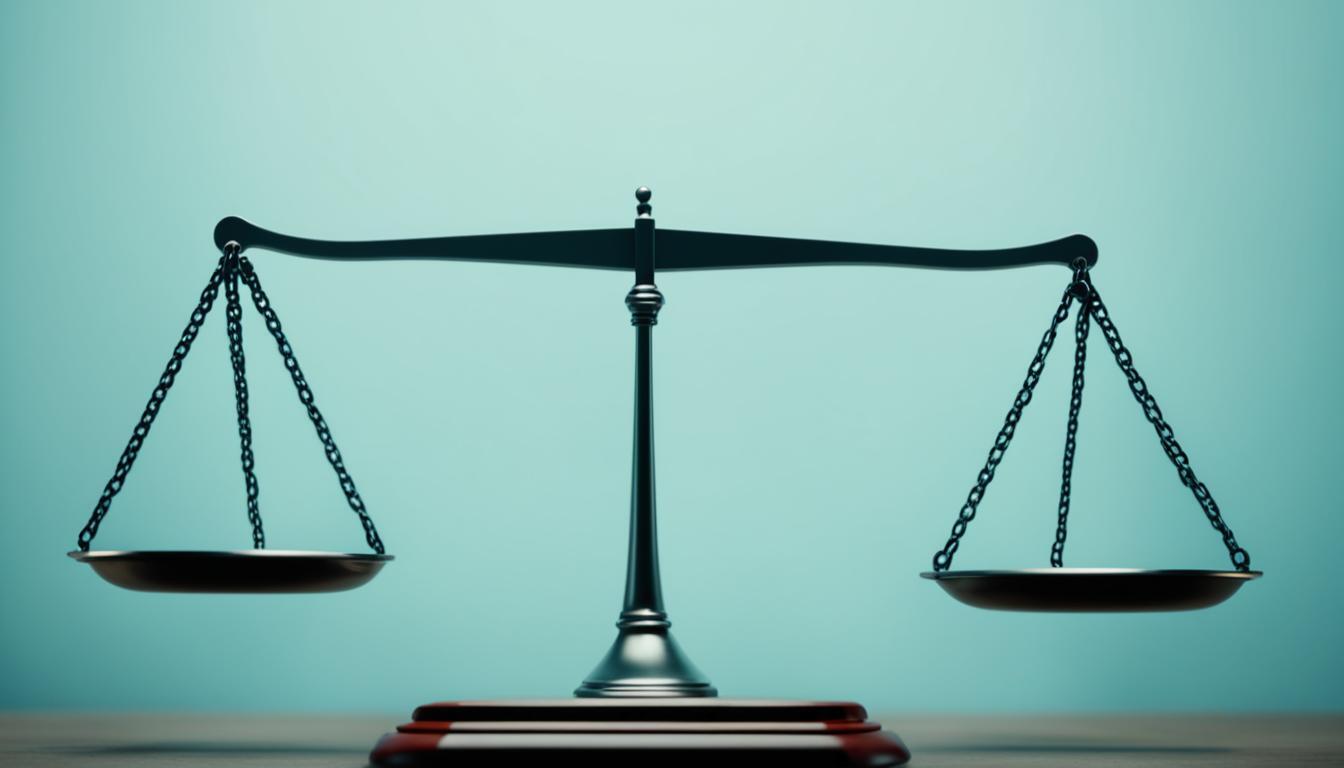
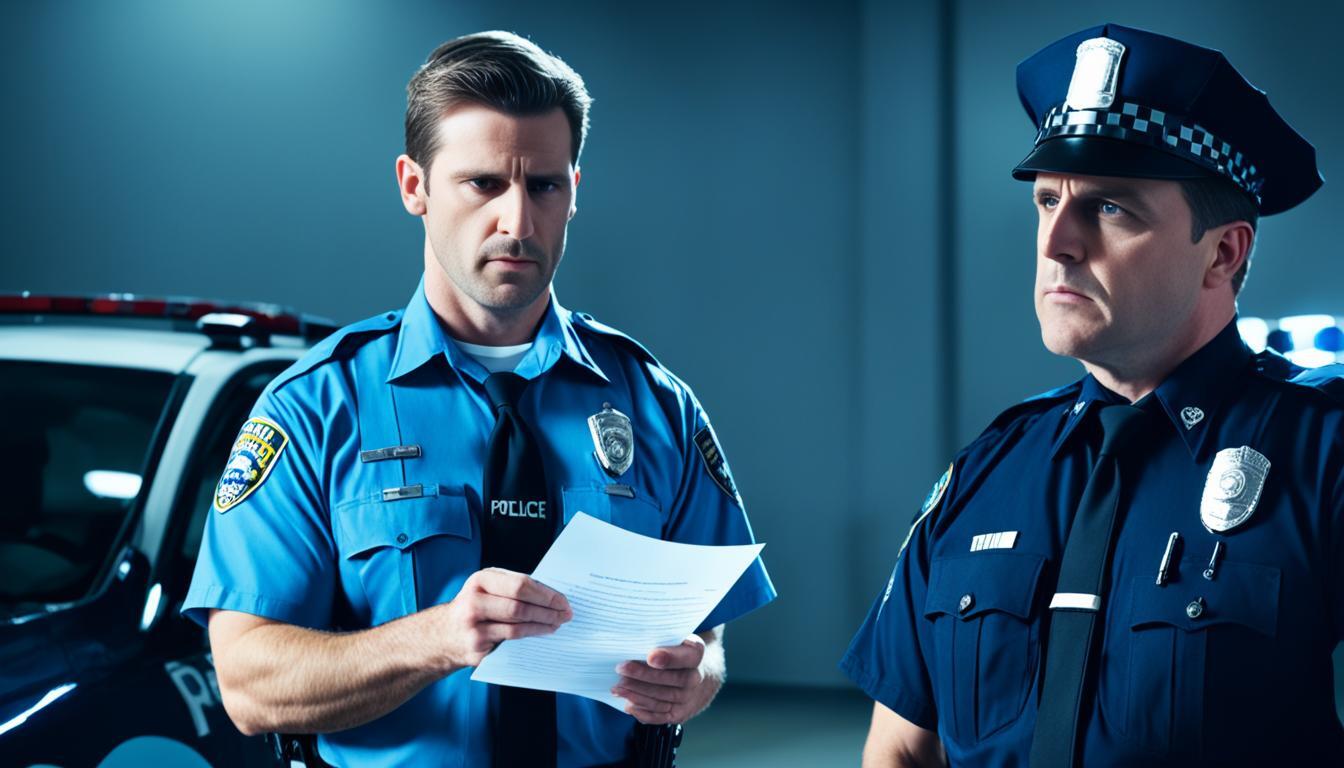



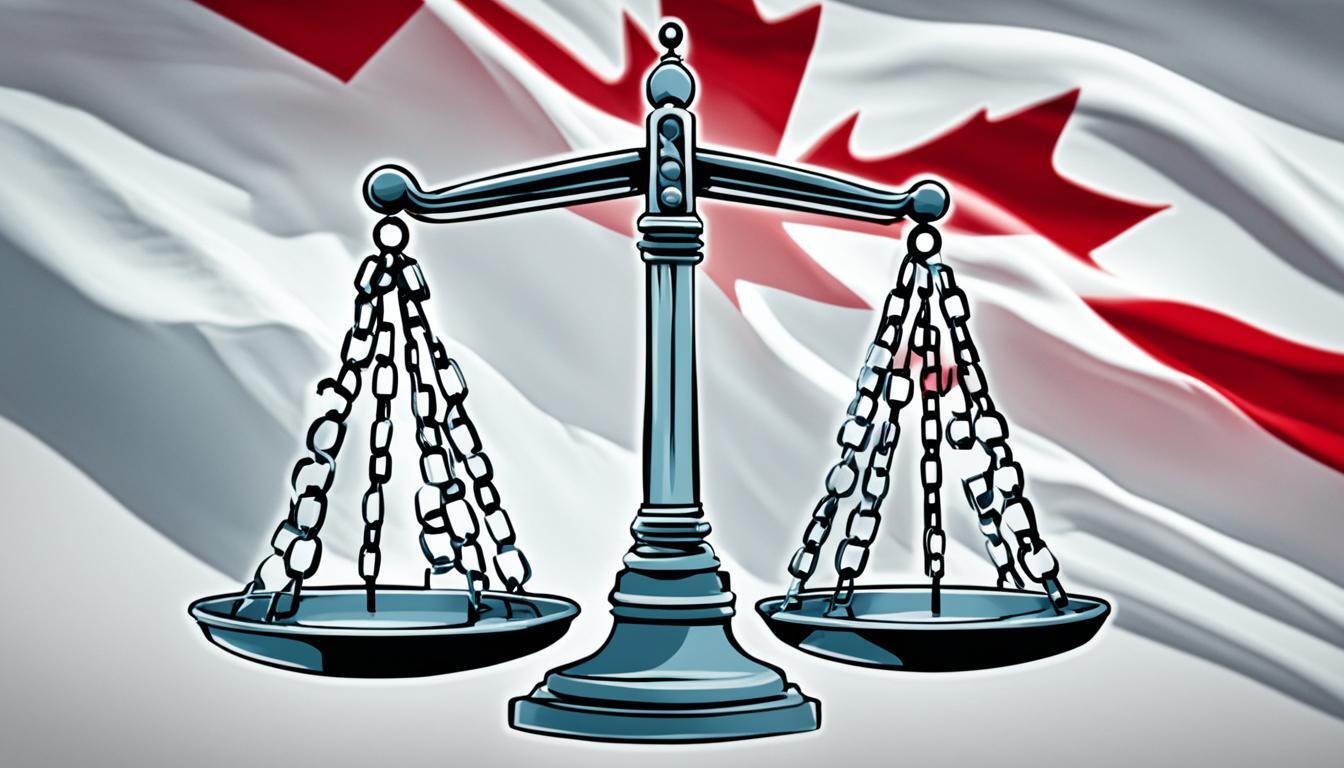


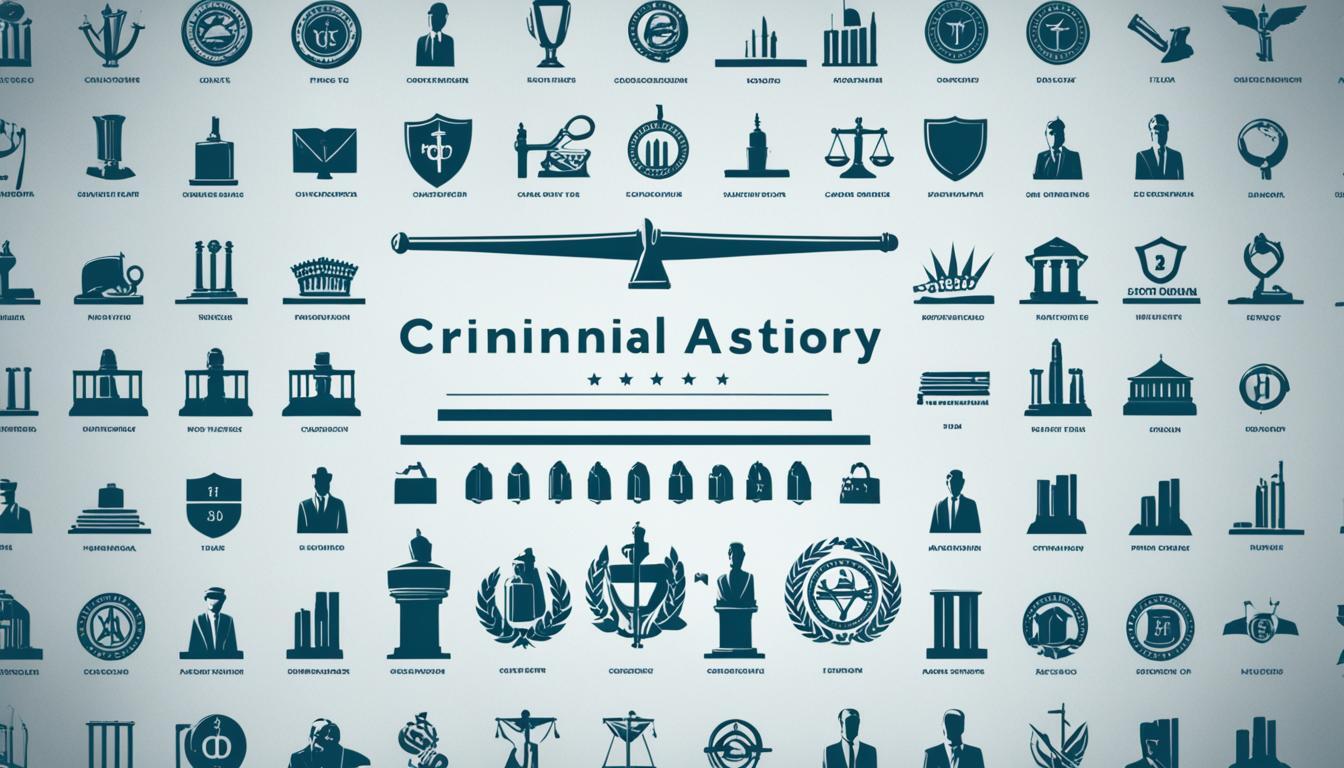










Post Comment